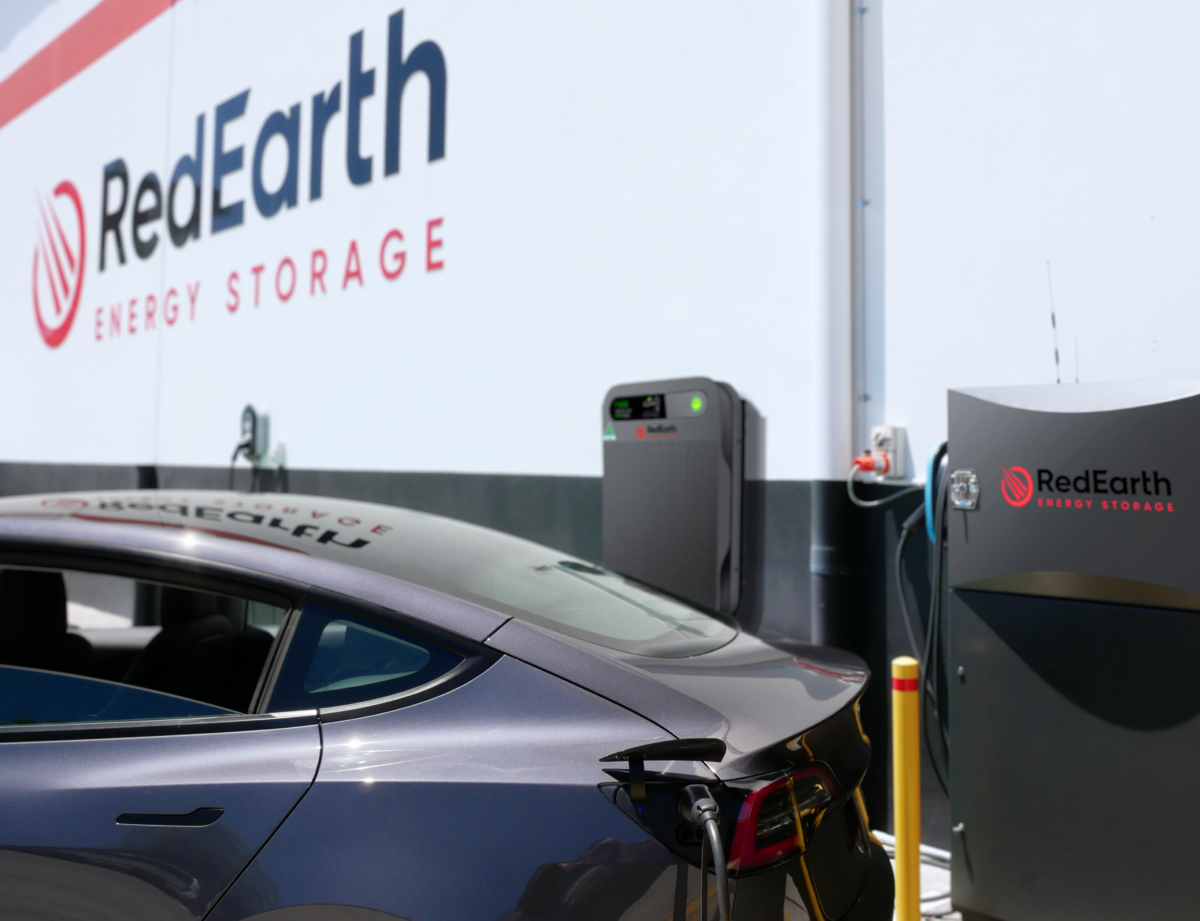RedEarth Energy Storage says it has entered into an official partnership agreement with ambibox to manufacture the German company’s vehicle-to-grid (V2G) bi-directional electric vehicle (EV) chargers at its production facility in the Brisbane suburb of Darra.
The news of the partnership follows Australian Energy Minister Chris Bowen’s recent announcement that new standards have been approved that enable V2G charging technology in Australia.
Under the new framework, manufacturers can now register their V2G-capable vehicles and charging products with the Clean Energy Council after meeting Standards Australia requirements.
RedEarth said the first DC charger manufactured at its Brisbane base will be a bidirectional 11 kW three-phase wall charger. This will be followed by a two-way 7.4 kW single-phase charger.
RedEarth said the ambibox EV chargers to be manufactured in Brisbane have been successfully tested with the vast majority of EVs already available in Australia. The three-phase charger is on track to be available for the Australia and New Zealand markets by July 2025 with the single-phase version expected to be available in Q4 2025.
Charles Walker, co-founder and chief executive officer of RedEarth, said the new chargers produced by the company will allow EV owners to charge or discharge their EVs to their home or to the electricity grid, effectively turning the car into a battery on wheels.
“RedEarth’s partnership with ambibox opens new opportunities for electric vehicle owners to use their EVs as private power plants,” he said.
“While rooftop solar and home battery ownership have traditionally been the drivers of the growth of distributed energy resources in Australia, the adoption of EVs has accelerated.”
“With the introduction of V2X (vehicle-to-everything) standards, RedEarth and ambibox will optimise the returns both for EV owners and homeowners with behind-the-meter assets and we’ll be well placed to serve customers as EV adoption gathers pace.”
Walker said ambibox’s V2X technology fits with RedEarth’s ambition to be a key player in the behind-the-meter optimisation evolution which is part of the broader “electrification mega trend.”
“RedEarth will be the first Australian EV charger manufacturer to be producing bi-directional chargers locally,” he said.
“In addition, we will pave the way for EV owners to be incentivised with additional revenue streams to power the grid and to reduce their reliance on grid electricity by using RedEarth’s private power plant (PPP) ecosystem.”
RedEarth said its PPP, which is already running in 2,000 systems across Australia, enables customers to make, use, store and trade power in homes or businesses.
The company said the addition of the EV bi-directional chargers to its hardware stack has the potential to boost the financial outcome for customers, allowing for the car to charge when electricity is a zero cost, and to discharge when a profit can be made.
“Ambibox simply needs to be certified and integrated into this ecosystem,” it said.
This content is protected by copyright and may not be reused. If you want to cooperate with us and would like to reuse some of our content, please contact: editors@pv-magazine.com.









1 comment
By submitting this form you agree to pv magazine using your data for the purposes of publishing your comment.
Your personal data will only be disclosed or otherwise transmitted to third parties for the purposes of spam filtering or if this is necessary for technical maintenance of the website. Any other transfer to third parties will not take place unless this is justified on the basis of applicable data protection regulations or if pv magazine is legally obliged to do so.
You may revoke this consent at any time with effect for the future, in which case your personal data will be deleted immediately. Otherwise, your data will be deleted if pv magazine has processed your request or the purpose of data storage is fulfilled.
Further information on data privacy can be found in our Data Protection Policy.